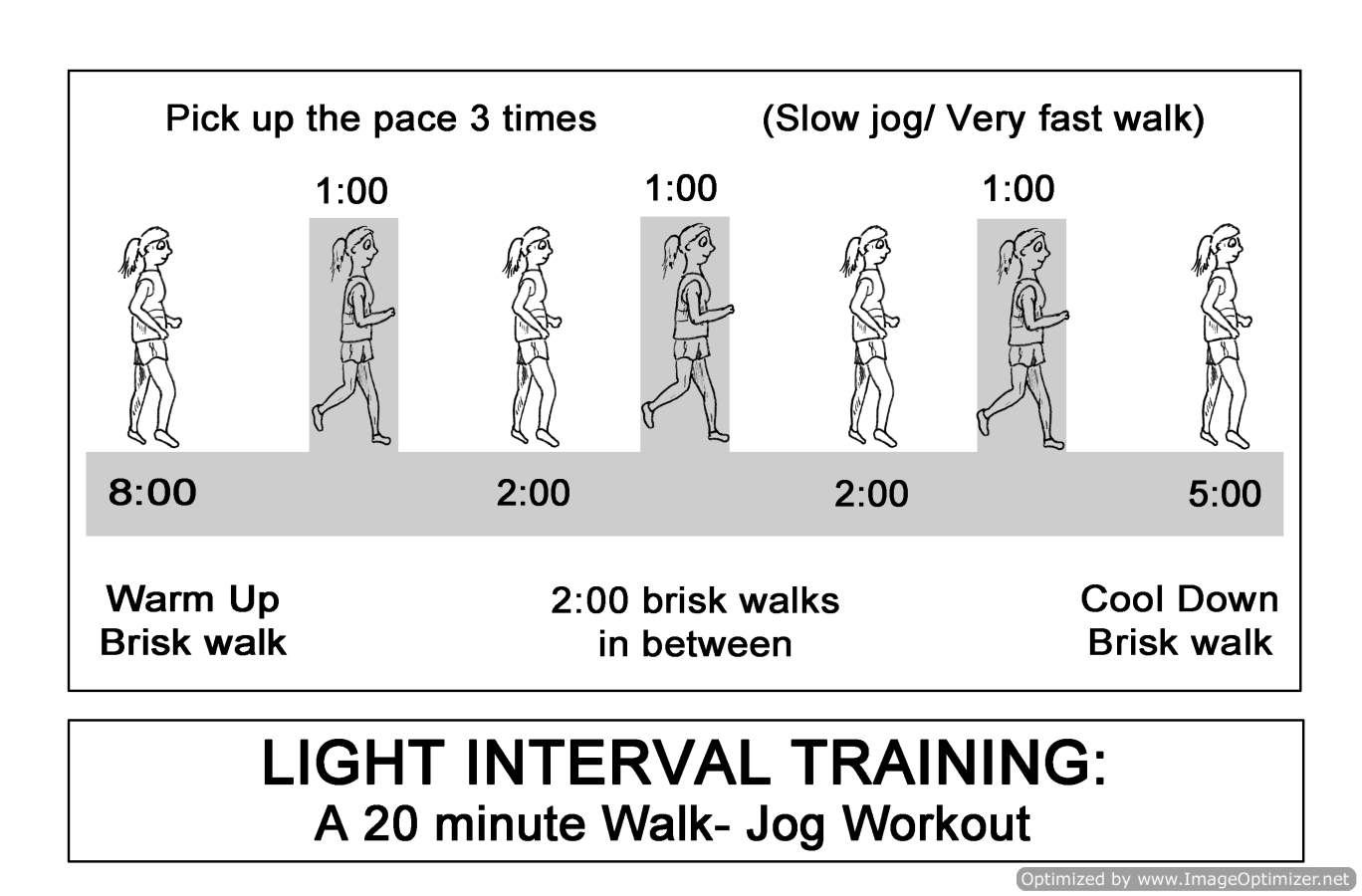
Understanding how much running it takes to undo your dietary sins is crucial. As you become fitter, your body will need new stimuli to continue its fat-burning evolution. Post-exercise, intervals really come into their own: the intensity means your body needs more oxygen than normal to return it to its pre-exercise state. For every litre of oxygen consumed you burn five calories; this post-exercise oxygen consumption elevates your calorie-burning for up to 48 hours. Calculate your BMR by using the formula on the right. Then multiply that figure by 1. Do some of your runs before breakfast.
On the other hand, intense interval training challenges your muscles even more. For example, if you weigh pounds and run 3 miles at 5 mph or a running mile, you’ll burn about yoou on your run. The number of fat grams burned during cardio depends on several factors, including your weight, metabolism and the intensity of your exercise. The body uses both fat burn carbohydrate reserves as fuel you all kinds of activities. Strava announces major changes much it platform. There may be some effects of extreme heat or cold on caloric expenditure, but not enough to make a big difference in your overall total. The reason for the increased expenditure is simple, your body has to work harder and burn more how to carry more fat.
People frequently embrace running as a means to reach or maintain a healthy weight—and for good reason. According to a report from the American Council on Exercise, running burns more calories than weight training, swimming, cycling, or even downhill skiing. However, it can be easy to overestimate the number of calories burned on a typical run. There are many details about the workout that affect the number—including your body weight, the surface you run on, the incline, and several other factors. It’s important to consider these things to determine the total caloric expenditure of a run. There are different ways to determine the number of calories you burn when you run. While this is the quickest and simplest way to estimate your caloric expenditure, it is not likely to be the most accurate as it does not take important variables into account. As a very general and simplistic rule, an average-sized runner will burn about calories per mile.
